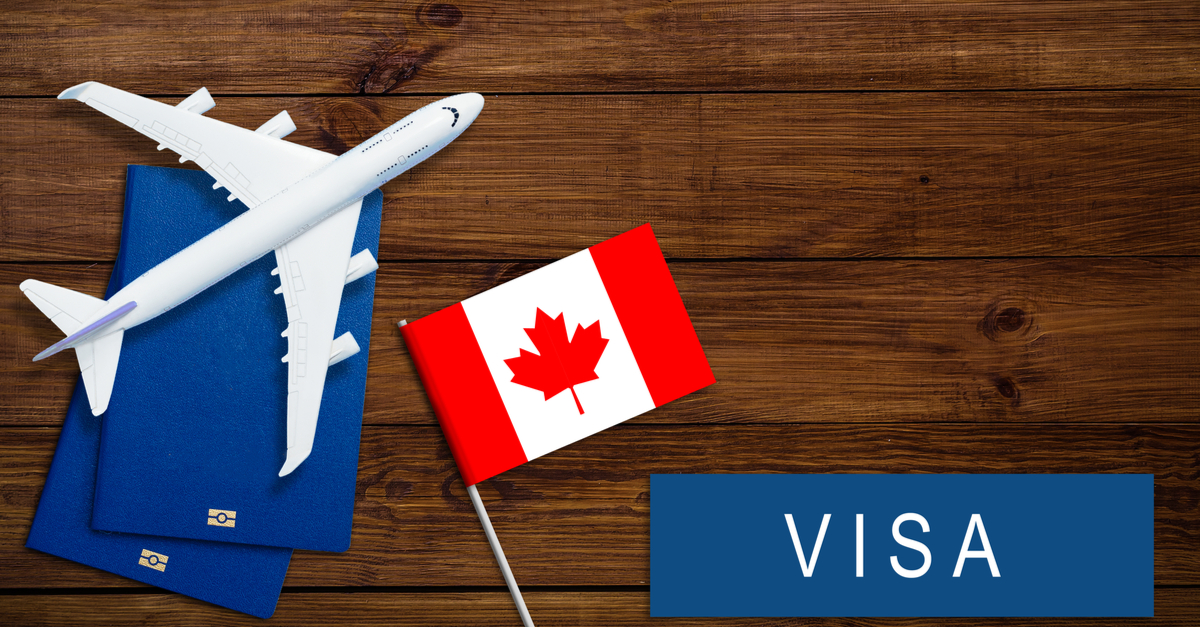In September, the internal memo proposes that IRCC paused the CEC draws to cut down on the application backlogs and reduce the Express Entry process to six months. But in 2020, the average processing time for Express Entry candidates was nine months.
IRCC increased processing to more than 45,000 applications per month towards the end of the year. Also, the accumulation in migration applications increased by 21,000 between October and December. During this time, the Express Entry accumulation reduced from 138,000 to 119,000. The reduction ran the majority of the processes in CEC application backlogs. The backlogs were reduced from 48,000 to 25,000 between October and December. The FSTP was also reduced from 931 October to 805 in December.
FSWP backlog also increased by 4,000 applicants; initially, it was 51,000, but it rose to 55,000 between October and December. The PNP backlog also rose by around 1,000 applications and became 39,000 by December.

The Meaning of Express Entry
Express Entry refers to the application management system for the three Canadian Immigration programs; Federal Skilled Trades Program, Canadian Experience Class, and Federal Skilled Worker Program. The PNP applicants are now legible for a least one of these programs.
The Express Entry uses a point-based system to select candidates. The Comprehensive Ranking System (CRS) is essential in ranking the candidates’ profiles. The high-scoring candidates receive a call to Apply (ITA) and can apply for permanent residence in Canada. After application, an IRCC officer reviews one’s application and decides. After that, IRCC asks for biometrics and can schedule an interview or ask for additional documents.
Once the applications are confirmed, IRCC will issue the confirmation of Permanent Residence (COPR) guarantee. The certified permanent residents can then finish the landing process. If they are not in Canada, they can get the pre-arrival services to assist them with the first procedures of settling in Canada.
After application, an IRCC officer reviews one’s application and decides. After that, IRCC asks for biometrics and can schedule an interview or ask for additional documents.
Once the applications are confirmed, IRCC will issue the confirmation of Permanent Residence (COPR) guarantee. The certified permanent residents can then finish the landing process. If they are not in Canada, they can get the pre-arrival services to assist them with the first procedures of settling in Canada.






